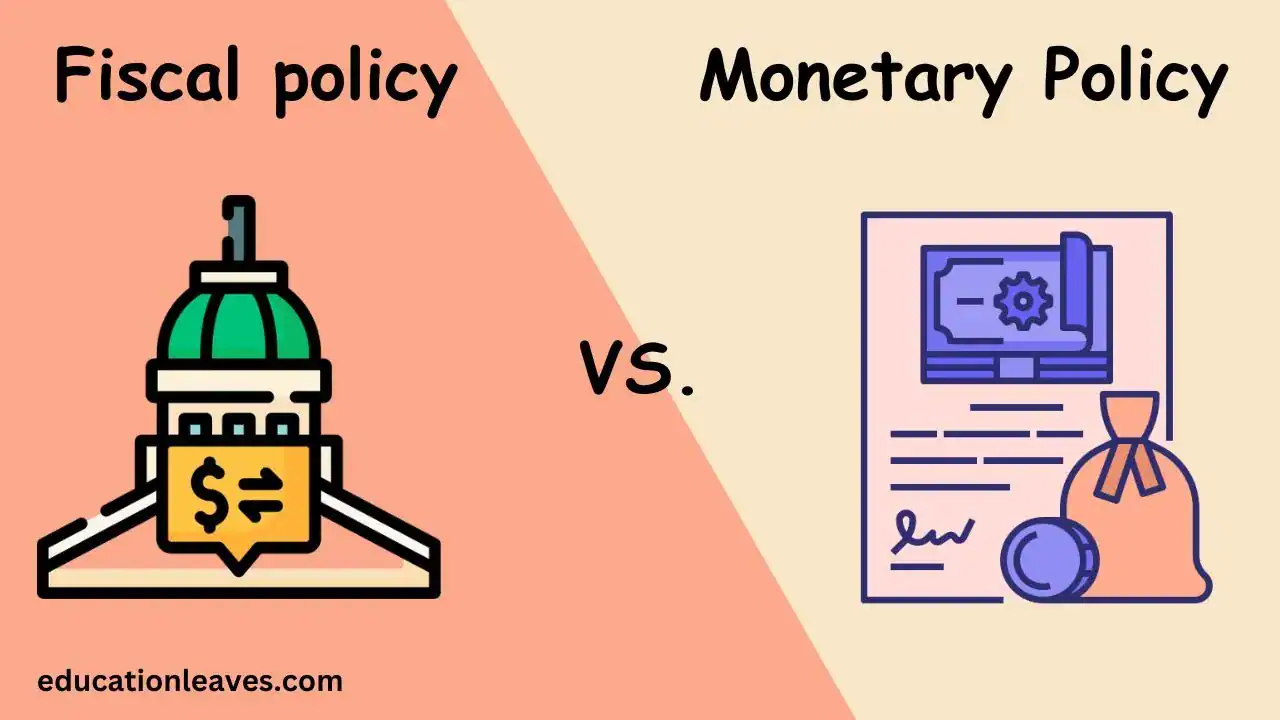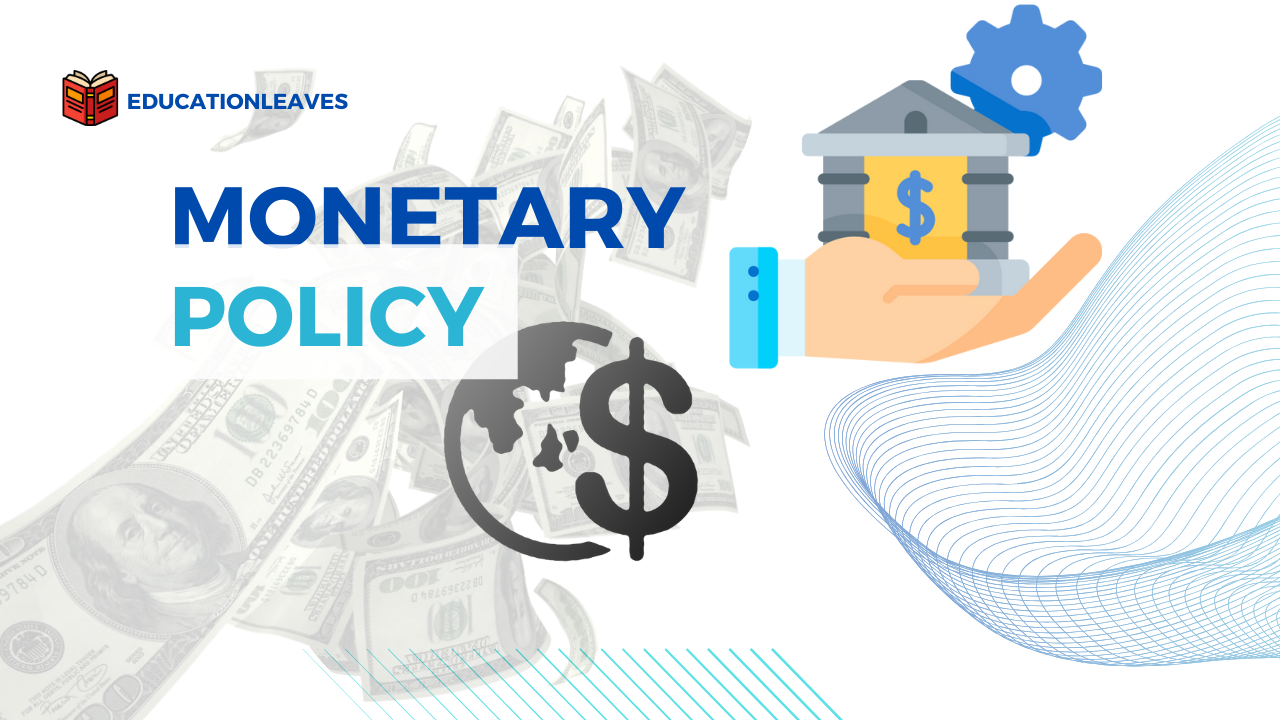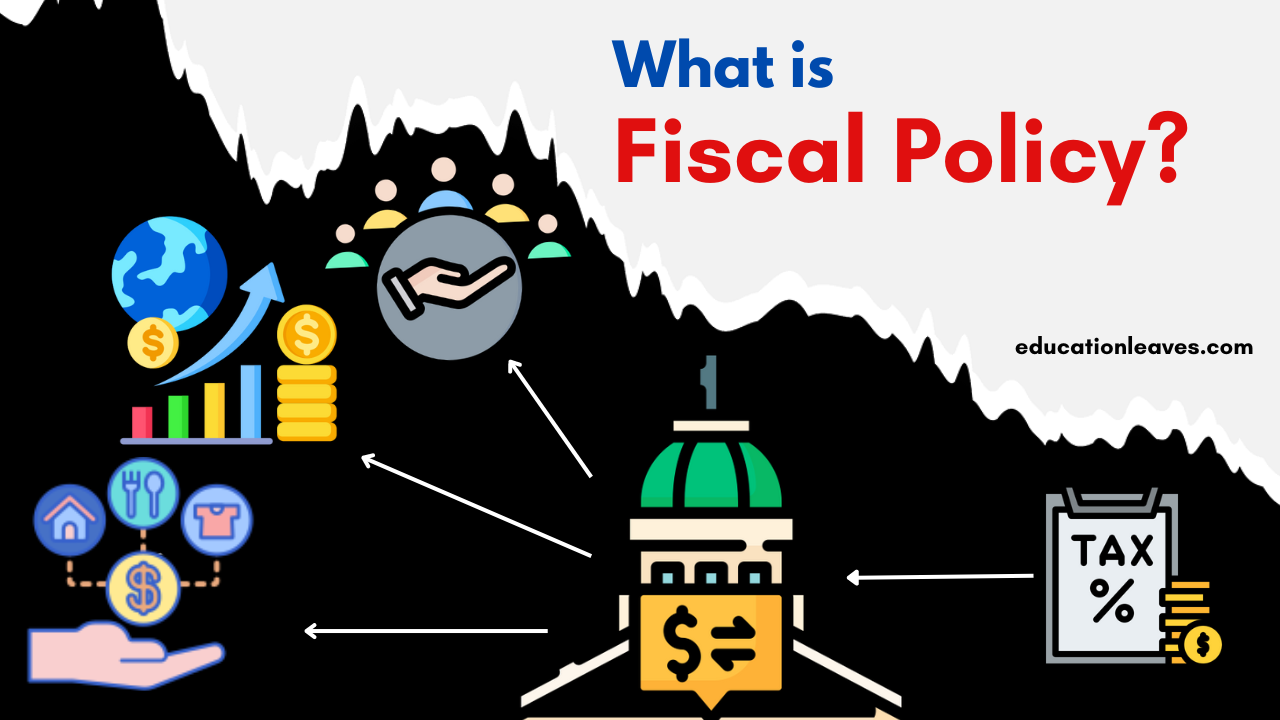Fiscal Policy Vs. Monetary Policy | Difference between fiscal policy & monetary policy
Fiscal Policy vs. Monetary Policy: Both policies are crucial tools employed by governments and central banks to influence a nation’s economic direction. Both aim to stabilise the economy, curb inflation, foster growth, and reduce unemployment, but they differ in approach, objectives, and execution.




